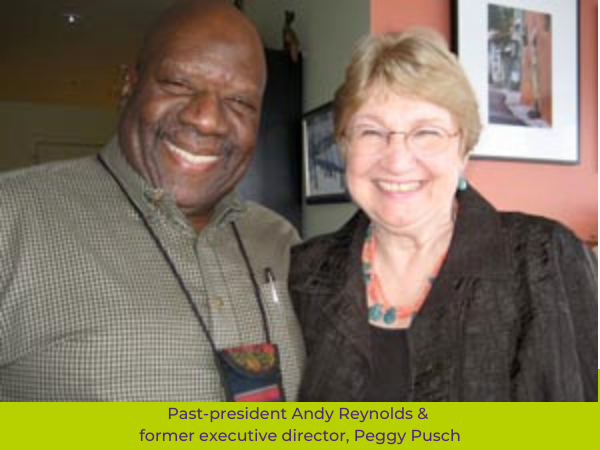SIETAR USA History |
SIETAR was founded in the United States in 1974 by a few dedicated individuals to draw together professionals engaged in various forms of intercultural learning and engagement research and training.
Originally called SITAR, the name was later changed to encompass education and the Society became SIETAR. It’s goal was to provide a forum for exchanging ideas about training, theory, and research, and to learn from each other as well as to provide a place where interculturalists could strengthen their bonds with each other. They envisioned an exchange between people in different disciplines and professional activity that would strengthen the theoretical development and practice of intercultural communication.
The Society rapidly grew beyond the borders of the United States attracting people from around the world who had similar concerns and interests and was named SIETAR International in 1982. Regional, national and local SIETAR organizations began to form, starting with SIETAR Europa, founded in 1991, which encompasses the national groups within Europe.

SIETAR Japan was founded in 1985 to serve the interests of its international membership in Japan. SIETAR Indonesia was formed to promote intercultural work in that country. SIETAR USA was founded in 1999 to bring together intercultural specialists in the USA and from across the continent. There are independent local organizations located throughout the USA and in Canada.
Young SIETAR, formed in 1994, offers students and young professionals across the globe ways to share ideas and discuss issues of interest. Each regional group and Young SIETAR holds an annual conference. Please visit their web sites to obtain the latest information on those conferences.
In 1999, it was decided to disband the International organization and create a global network of regional, national and local societies that would focus on enlarging the work of SIETAR within the boundaries of their communities and cultures while linking with each other to ensure an international perspective.
An interim management team managed these relationships until 2006 when the SIETAR Global Council, composed of representatives from established SIETAR organizations, was formed to encourage the development of and approve new SIETAR groups, coordinate and promote cooperation among existing SIETAR organizations, and work together toward a wider acceptance of the principles and practices of intercultural communication.
Where SIETAR USA Began
Click the link below to read the detailed back story of SIETAR USA, written by the late Albert R. Wight, Ph.D.
In Memoriam
December 23, 2019

The intercultural world has lost one of its giants, Margaret (Peggy) Pusch. Peggy contributed so much to the establishment of the intercultural field as co-founder and editor of the Intercultural Press and as President of NAFSA. She supported SIETAR International in many ways and was instrumental in creating SIETAR USA; she was our first President and subsequently the Executive Director. If SIETAR USA has a Mother/Grandmother, it was Peggy.
Her strength and wisdom led SIETAR USA to establish the Margaret D. Pusch Founders Award to honor her as her professionalism exemplified the gold standard for a lifetime of service to SIETAR and the community, individuals, and the intercultural field. We will miss her wise counsel, as well as her encyclopedic knowledge of the intercultural field, and those who are and have been in it.
